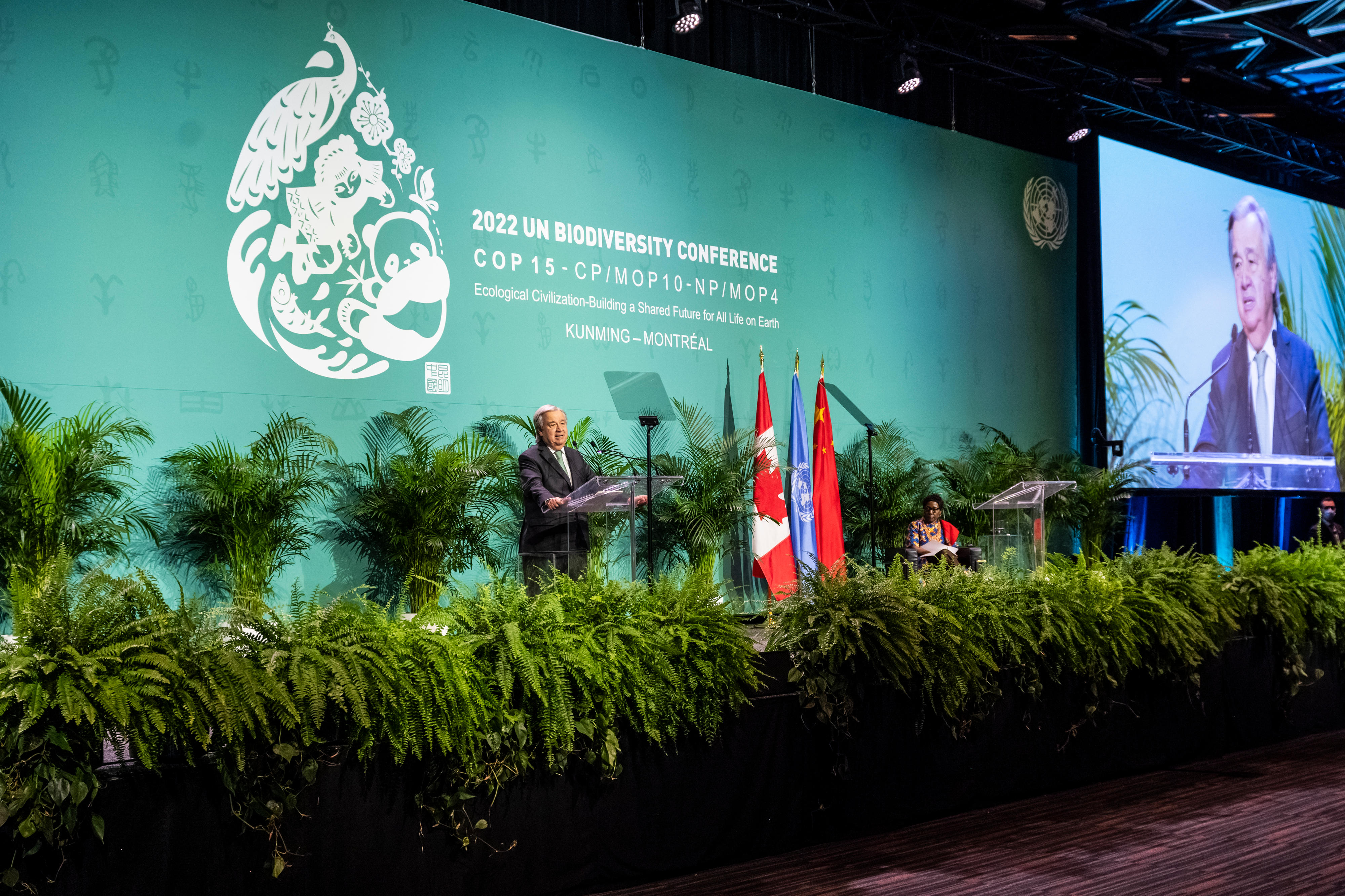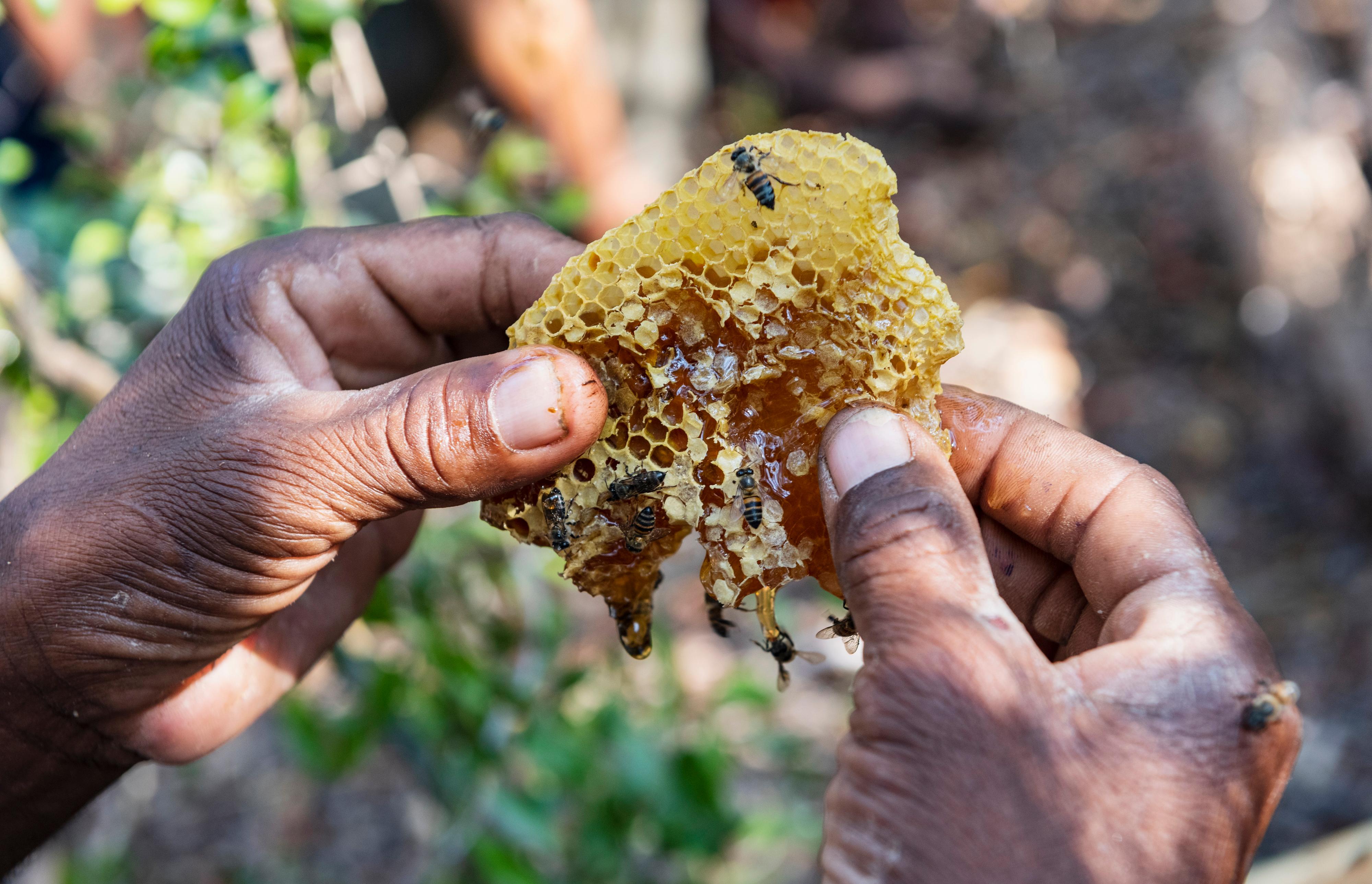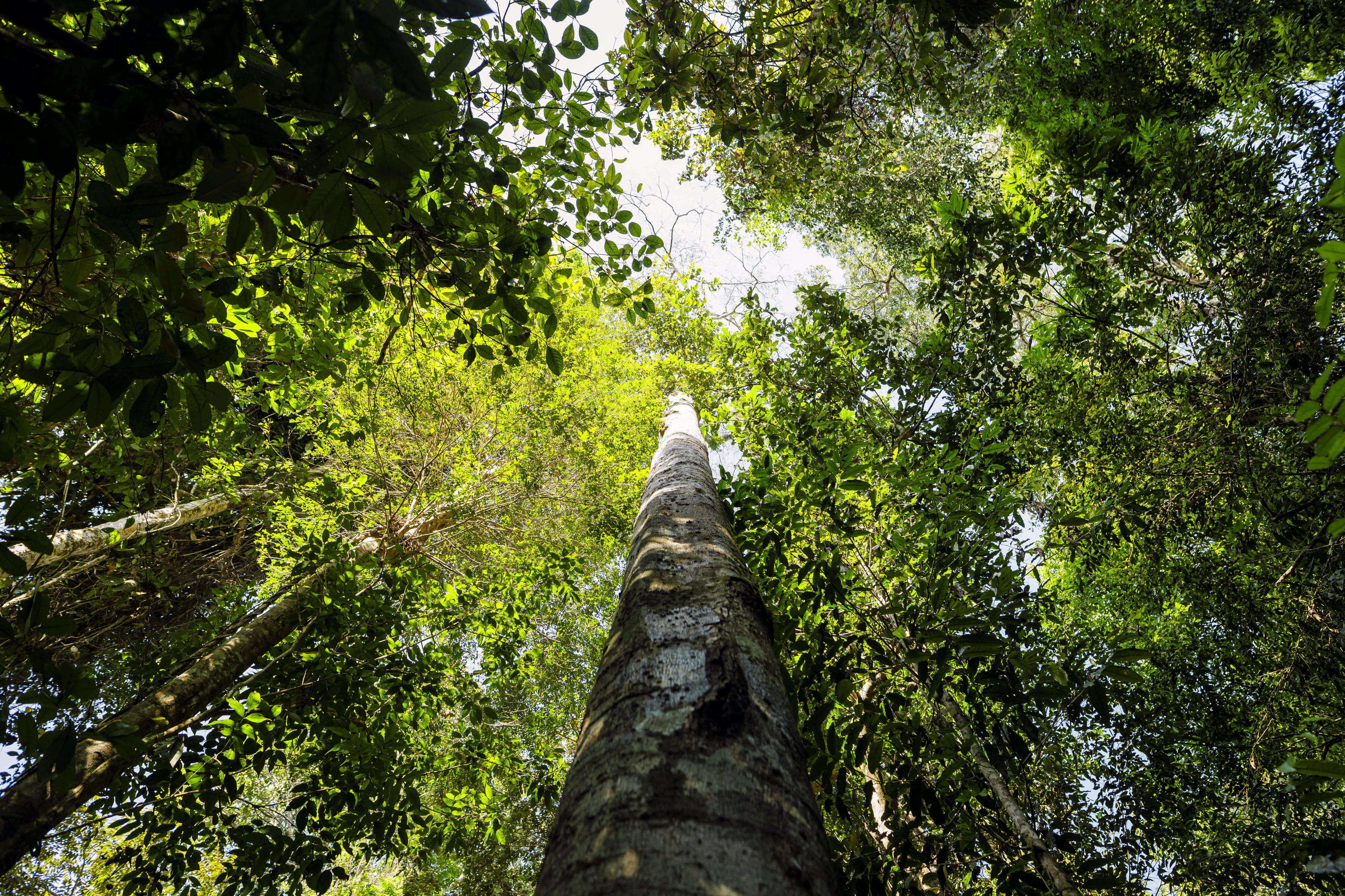UN Secretary-General António Guterres during his speech at the opening ceremony of the 15th UN Biodiversity Conference (COP15) in Montreal, Canada
Copyright© UN Biodiversity, via flickr, CC BY 2.0
15th UN Biodiversity Conference in Montreal Good development is only possible if we work with nature, not against it
At the Conference, the Development Ministry (BMZ) will be advocating for nature conservation efforts that also include development opportunities for people. During the course of the Conference, the BMZ will kick start numerous concrete projects linking local development with protecting biodiversity and ecosystems. State Secretary Jochen Flasbarth will represent the BMZ at the High-Level Segment of the Conference in Montreal in the coming week.
Development Minister Svenja Schulze said: “One key to success at the UN Biodiversity Conference is to not just think about nature, but to also think about the people for whom that nature is where they live and their livelihood. So development policy has an important role to play here: nature conservation works best when it also offers the local population some kind of economic prospects. There must be more profit in earning a living by using what nature has to offer than by destroying it. Germany is the biggest donor for protecting global biodiversity and will continue to expand its contributions in this regard. It is money well invested because an intact natural environment gives people, gives us, so much more than it costs us; it gives us the foundation for our lives. Good development is only possible if we work with nature, not against it.”
The goal for the UN Biodiversity Conference starting today is to agree on a new Global Biodiversity Framework for halting the global destruction of nature by 2030 and reversing the trend by 2050. Unlike the agreements reached on other occasions, the key aspect this time is that concrete implementation steps are to be agreed alongside the goals – because in the past, although the goals were good, they were not achieved.
Development policy priorities at the Conference of the Parties to the United Nations Convention on Biological Diversity
Protecting conservation areas by working with the local population – not against them
The call for at least 30 per cent of the world’s land and of its oceans to be placed under protection by 2030 is supported by Germany and more than 100 other countries. It will also play a central role during the negotiations in Montreal.
Expressly acknowledging the rights of local communities and indigenous peoples, and including them is key in this regard. Nature conservation that keeps people out of the protected areas does not lead to success. Studies demonstrate that the opposite is true: in places where indigenous peoples live and their rights are upheld, the natural environment is in a better state and there is less forest destruction. Because of that, the BMZ is an advocate for strengthening the rights of the indigenous population and of local communities.
Furthermore, the BMZ supports developing countries and emerging economies in their efforts to improve the management of protected areas. Together with international partners the BMZ launched the Legacy Landscapes Fund for that purpose. The aim of the Fund is to provide long-term financial support for protected areas whose biodiversity is especially unique in developing countries.
Ending forest destruction and restoring forest areas
The BMZ will strengthen initiatives for forest conservation at the Conference. The three biggest tropical forest regions in the world are the Amazon region, Central Africa and Indonesia. The BMZ will increase its contribution to the African Forest Landscape Restoration Initiative (AFR100), for example, as a specific contribution to the restoration of ecosystems. AFR100’s aim is to rehabilitate at least 100 million hectares of land on the African continent by 2030.
But there is also a connection between consumption patterns in Germany and in the EU and forest destruction. Because of that, the EU is currently deliberating a new regulation for deforestation-free supply chains. Once it comes into force, only soya, beef, palm oil, wood, cocoa and coffee products that are certified as not being sourced from areas which were previously covered by rain forest will be allowed to be sold in the EU. The BMZ is supporting its partner countries in getting ready for this new legislation.
Supporting partner governments’ nature conservation efforts
There is a system of nationally determined contributions that is part of the Paris climate agreement. Internationally coordinated support is available for drafting these NDCs. A similar system is also going to be set up in Montreal: together with Colombia, Germany will launch an international initiative at the Conference in Montreal to strengthen the governments of developing countries in adapting and implementing ambitious, participatory, human rights-based biodiversity strategies in the light of the outcomes of the Conference.
More funding for the global protection of species and
How the rich industrialised countries contribute financially to protecting biological diversity in developing countries and emerging economies will be one of the core issues addressed at the UN Biodiversity Conference. For many years, Germany has been setting a good example here as the biggest donor. In the period from 2017 to 2021, for example, the German government invested an average of about 750 million euros a year in biodiversity conservation. As a major industrialised country and the current holder of the G7 Presidency, Germany will seek to mobilise more support from other partners by taking an ambitious lead at COP15.
During the General Assembly of the United Nations back in September, Federal Chancellor Olaf Scholz already announced that, starting in 2025, Germany will provide 1.5 billion euros a year for international biodiversity conservation. It will largely fall to the Development Ministry to translate this commitment into action with specifically agreed projects in our partner countries and to mobilise the necessary budget funds for this, because the BMZ is the Ministry responsible for around 80 per cent of the German funding that is spent on the global conservation of species and ecosystems.
One million different animal and plant species are threatened with extinction. Roughly every ten minutes a species disappears from the Earth. Over the last 30 years, forests the size of the entire EU have been destroyed. This is threatening the foundations for the livelihoods of people across the whole world. Because intact ecosystems provide people with clean air, fresh drinking water, food and income, too. A healthy natural environment is also indispensable in fighting the climate crisis because it captures carbon and mitigates climate damage.



